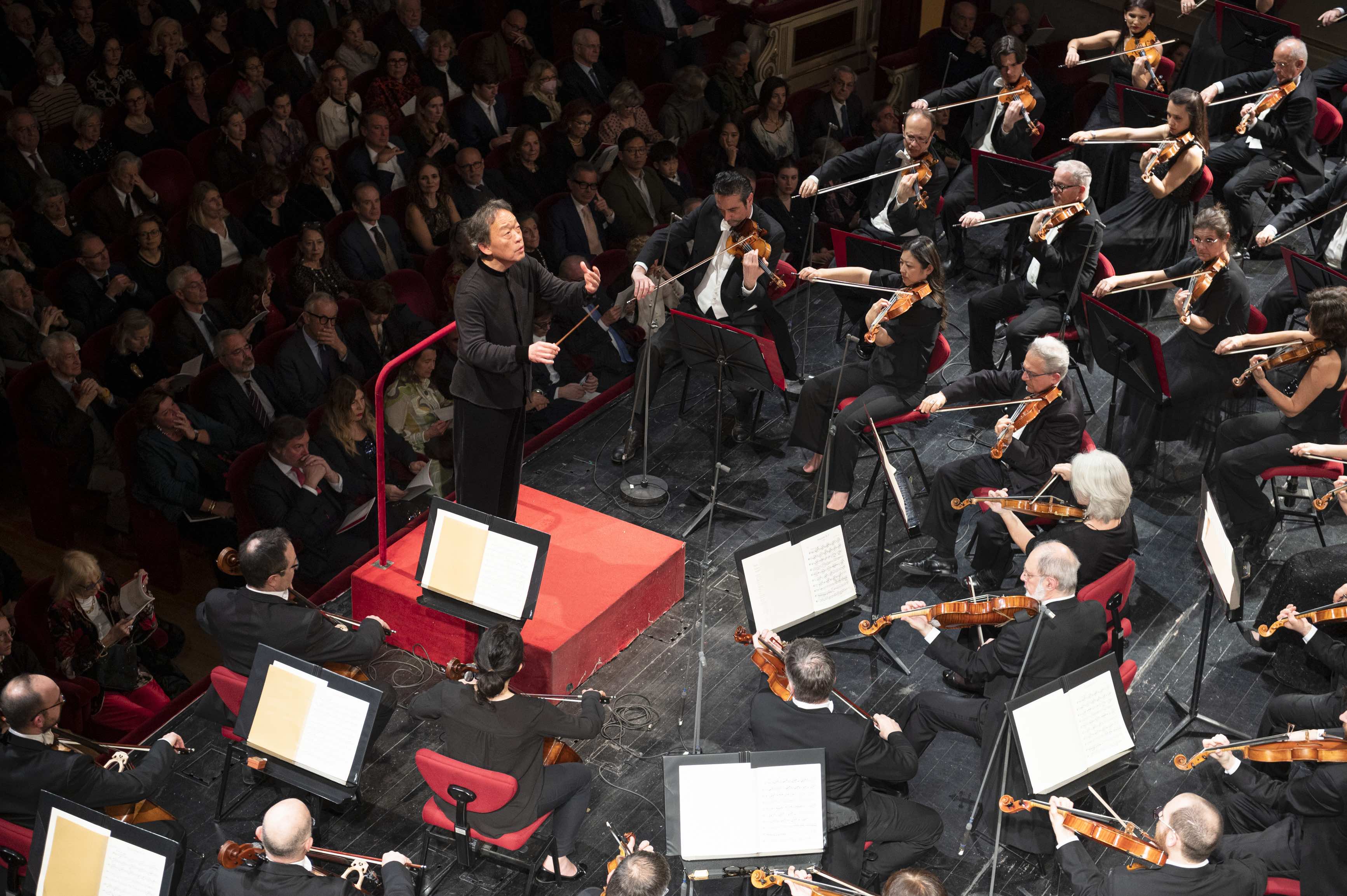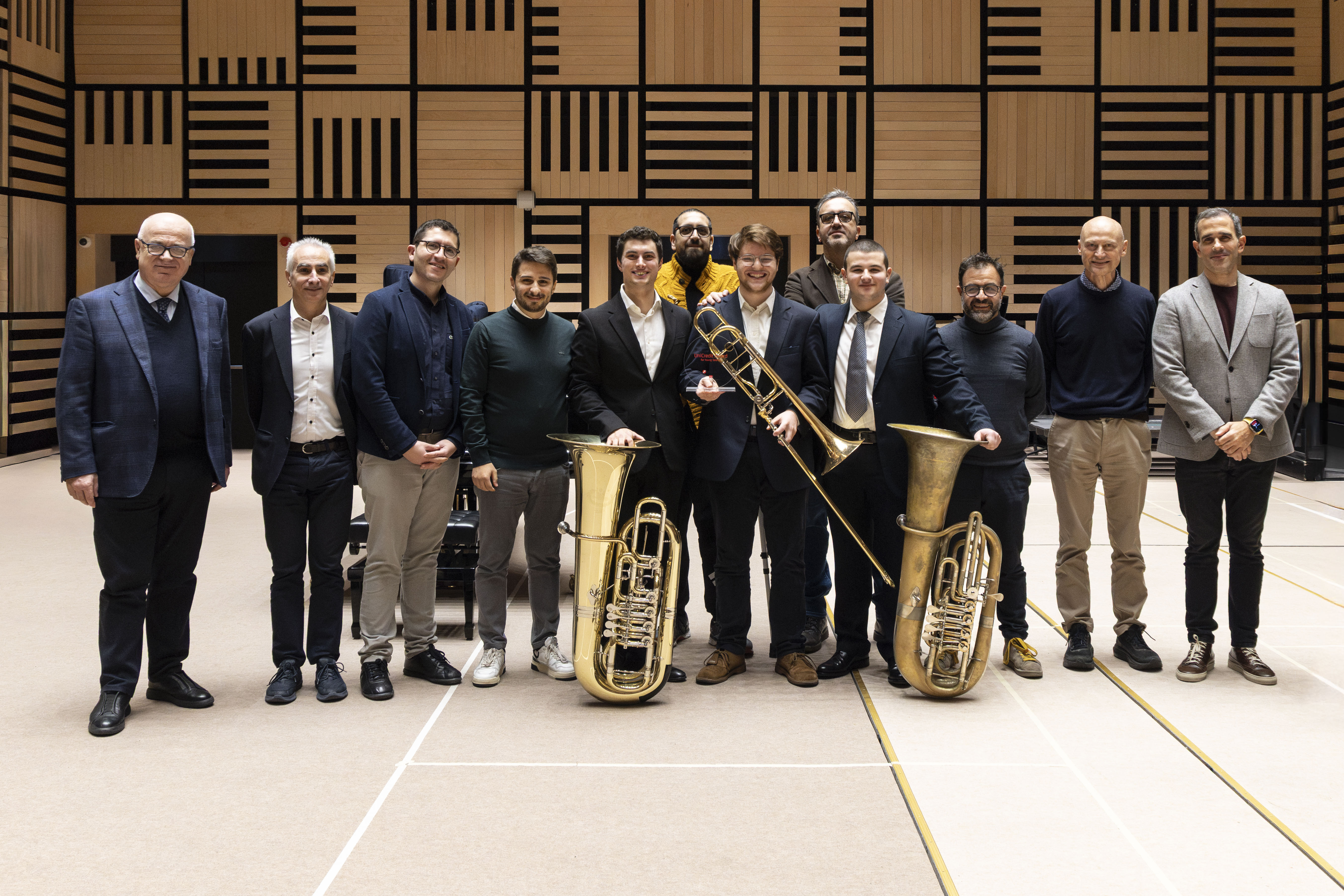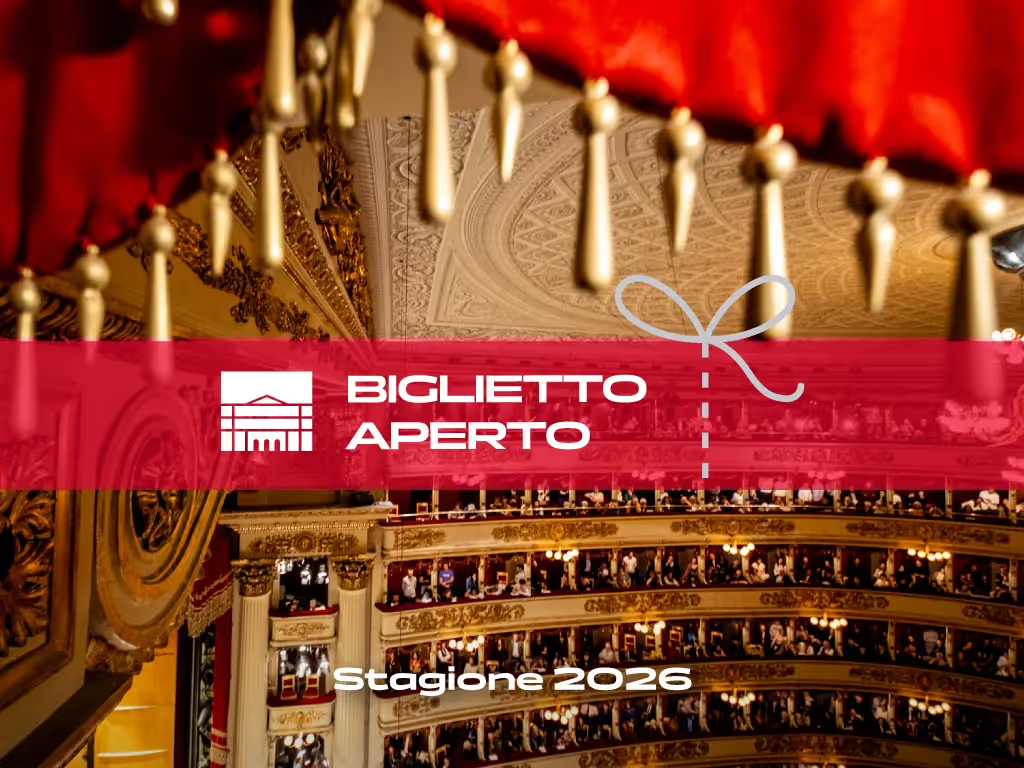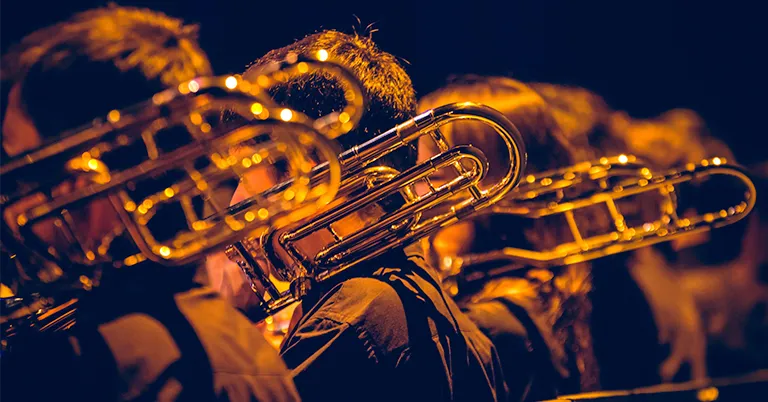In September Filarmonica della Scala returns to Asia with Myung-Whun Chung
From Seoul to Tokyo, from Sapporo to Osaka and Yokohama, the tour touches major cities in South Korea and Japan. Tchaikovsky's Symphony No. 6 Patetique and the overture from Verdi's La forza del destino are on the program. Nikolai Luganskij in Korea and Mao Fujita in Japan are performing Rachmaninov's Concerto No. 2 in C minor op. 18
Seventeen years after its last appearance in 2008, the Filarmonica della Scala returns to Asia from 17th to 28th September, 2025, for a tour under the leadership of Myung-Whun Chung, Conductor Emeritus of the orchestra since 2023 and Music Director-designate of La Scala Theatre since 2027, accompanied by pianists Nikolai Luganskij and Mao Fujita. The eight-concert tour kicks off in South Korea with the first concert in the capital Seoul (Sept. 17) and continues to Busan (Sept. 18), whose concert hall was recently inaugurated by Myung-Whun Chung himself, who is its artistic director; eagerly awaited by audiences is the return to Japan with the first date in Sapporo (Sept. 20), followed by concerts at Tokyo's Suntory Hall (Sept. 22 and 24), Yokohama's Mirai Hall (Sept. 23), Nagoya's Aichi Art Theater (Sept. 26), and the last in Osaka (Sept. 27), a twin city with Milan that is hosting Expo 2025 until Oct. 13, 2025.
The Asia tour is made possible by the support of Allianz, which is Sponsor of the Asian Tour, and Filarmonica Main Partner UniCredit.
It is a source of great personal and artistic joy for me to return to conduct the Filarmonica della Scala in Milan and on such a significant tour, which will take it back to South Korea and Japan after seventeen years. Filarmonica is one of the most extraordinary symphonic ensembles in the world: it combines the elegance of the Italian tradition with a musical sensibility capable of speaking to everyone. You can feel the cultural and human depth of a unique legacy, which is renewed with every concert. I have always said it: from the very first concerts I felt understood and welcomed. To return to Asia together with these musicians is to re-establish a dialogue. I know how much Korean and Japanese audiences look forward to this moment: their attention, respect and love for the music are a source of pride for me.
Myung-Whun Chung
Conductor Emeritus of Filarmonica della Scala
With this important tour to Asia, led by a great conductor such as Myung-Whun Chung, Filarmonica della Scala renews its role as an ambassador of Italian culture in the world. After more than fifteen years, we return to South Korea and Japan, where audiences await us with trepidation and extraordinary artistic sensitivity. A project made possible thanks to the support of our partners and a shared commitment between musical excellence and cultural responsibility.
Maurizio Beretta
President of Filarmonica della Scala
In a time of uncertainty, culture can play an extraordinary unifying role, music being a true language that cuts across different peoples and cultures. As Allianz, we have been a partner of the Filarmonica della Scala for 25 years and we are pleased to return to support, a few years later, this important tour to South Korea and Japan, in addition to securing the Orchestra's precious musical instruments. A commitment, ours, that is renewed year after year in support of the projects of two emblems of Italian art in the world, since we are also a founding partner of the Teatro alla Scala since 2018.
Maurizio Devescovi
General Manager of Allianz S.p.A.
Filarmonica’s Asian tour represents a unique opportunity to bring Italian excellence to international stages. As UniCredit, we are proud to support a project that helps promote dialogue between countries, through the universal language of music. Ours is a long-term partnership, based on shared values and a commitment to making art and culture increasingly accessible, with the aim of supporting the growth and socioeconomic development of territories.
Annalisa Areni
Head of Client Strategies UniCredit
The program is as challenging as it is evocative: Sergei Rachmaninov's Concerto No. 2 in C minor Op. 18 - performed by Luganskij in South Korea and Fujita in Japan - is juxtaposed with Pyotr Il'ič Tchaikovsky's Symphony No. 6 Patetique. Opening is the overture from Giuseppe Verdi's opera La forza del destino, an unfailing calling card for an orchestra that has formed its sound on the great works of the Italian tradition. Double program at Tokyo's Suntory Hall, where on Wednesday, Sept. 24, Filarmonica plays Johannes Brahms' Symphony No. 4 and Ludwig van Beethoven's Concerto No. 4 in G major, Op. 58.
The Filarmonica della Scala’s connection with the East, and in particular with Japan, is significant and also has symbolic value: the idea of founding the Filarmonica was born during La Scala's historic first tour of Japan in 1981, and since then the Asian country has been of special importance to the orchestra, which has returned there regularly in the forty years since. The first tour to Japan as Filarmonica della Scala was in 1990 with Riccardo Muti, with whom the orchestra also returned in 1996, adding South Korea, where it performed for the first time. With Riccardo Muti, the Filarmonica also returned to Japan and Korea in 1998, 2002 and 2004. In 2008, on the other hand, the orchestra is engaged in a major tour to Japan, China and South Korea accompanied by Myung-Whun Chung, South Korean conductor who would later be named Conductor Emeritus of the orchestra, and the celebrated Chinese pianist Lang Lang.
The Filarmonica della Scala returns to Asia with Myung-Whun Chung, from 2023 named Conductor Emeritus of the orchestra to seal the artistic and personal partnership that has bound him for thirty-five years with the La Scala people, whom he is wont to call “my friends,” and who will succeed Riccardo Chailly from 2027 as Music Director of La Scala. Accustomed to standing on the podiums of major orchestras around the world, France, Italy and Korea have bestowed their highest honors on him: he is Commandeur de la légion d'honneur, Commendatore dell'Ordine della Stella d'Italia and Grande Ufficiale dell'Ordine al Merito della Repubblica Italiana and Keumkwan by the Korean government. He was also presented with the keys to the city of Venice.

.svg)
.svg)









